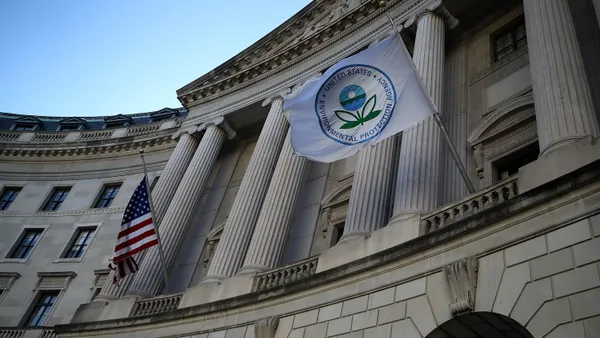Dive Brief:
- Employers may see a new overtime rule proposal in October 2018, the U.S. Department of Labor announced in its fall regulatory agenda.
- A federal district court judge last year invalidated an Obama-era Fair Labor Standards Act (FLSA) regulation that would have required employers to pay overtime to workers making less than the equivalent of $47,476 per year (up from the current $23,660), regardless of whether they are eligible for other exemptions.
- The new administration began the rulemaking process for a new but likely lower threshold, issuing a Request for Information (RFI) in July.
Dive Insight:
The regulatory agenda came out last week, sooner than many were expecting. The date for the Notice of Proposed Rulemaking isn't a big surprise, however. During a recent conference, a former DOL official told stakeholders that a final rule could be two and a half years away.
DOL has not made its intentions for the new rule public, but did offer some hints in the RFI, asking stakeholders how it should set a new threshold, or whether it should do away with the threshold altogether. If DOL does continue the practice of using a threshold, many expect it to be between $32,000 and $35,000.
Separately, bills introduced in both houses of Congress propose to legislate a $48,412 threshold. The bills have a fair number of co-sponsors, but no Republican support.










